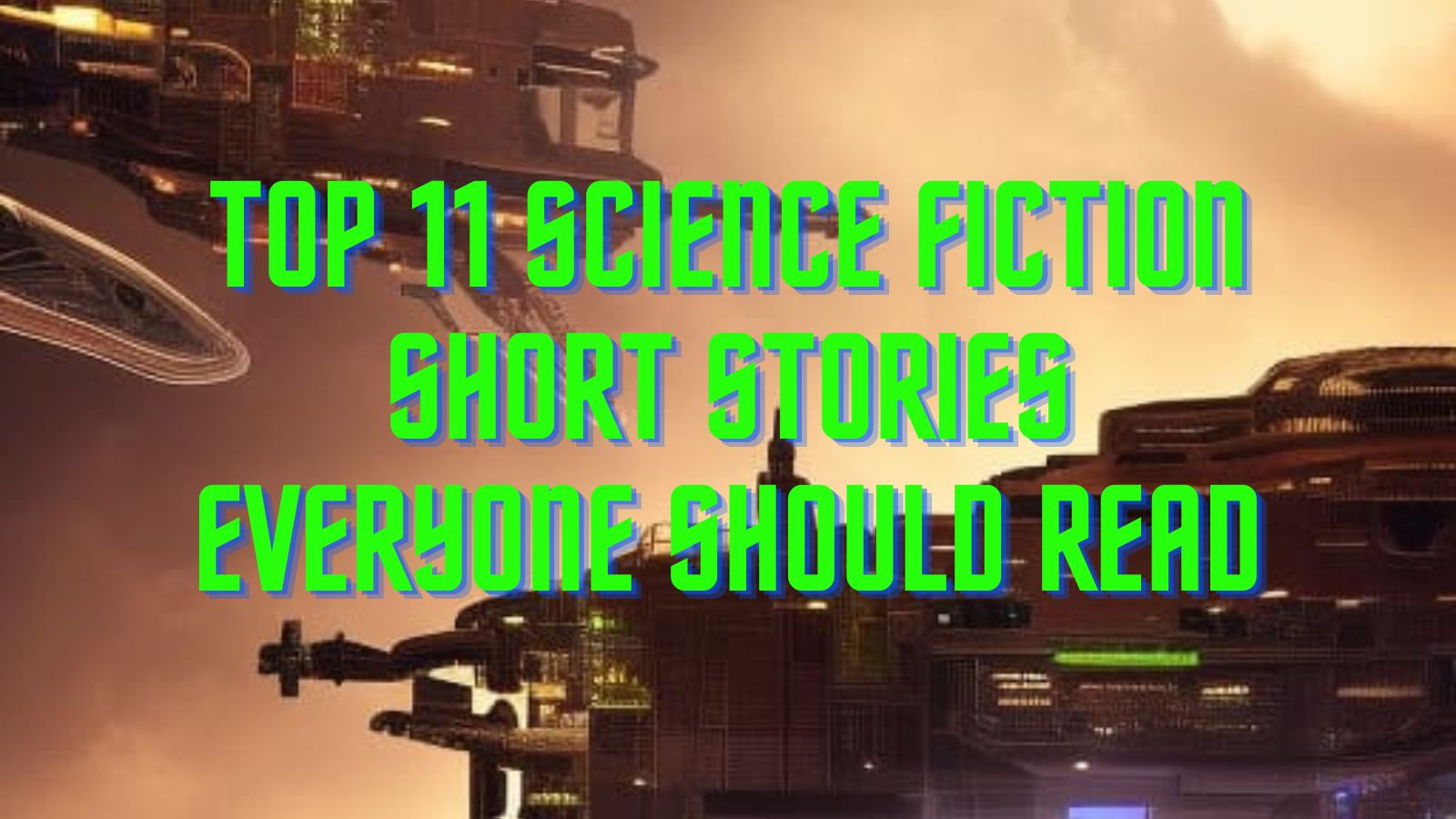
Below are the top 11 science fiction short stories everyone should read, but here are a few things to remember about this list before I get hate mail. First, I could not get this list under 11. I tried to get it to 10, but it was impossible! So it stands at 11. Second, no author is on the list more than once. Asimov and Clark dominate many lists; we all know we can read their works to find great science fiction. I am treating this list like someone who has just shown up and wants to learn more about science fiction stories. These stories do that. Third, Nightfall is missing from this list. Asimov’s story Nightfall is widely regarded as the greatest short story of all time. Most people know this, and a quick Google search will reveal this to anyone. I included the slightly lesser known The Last Question. The fantastic story exemplifies a type of science fiction you don’t get to see or read every day.
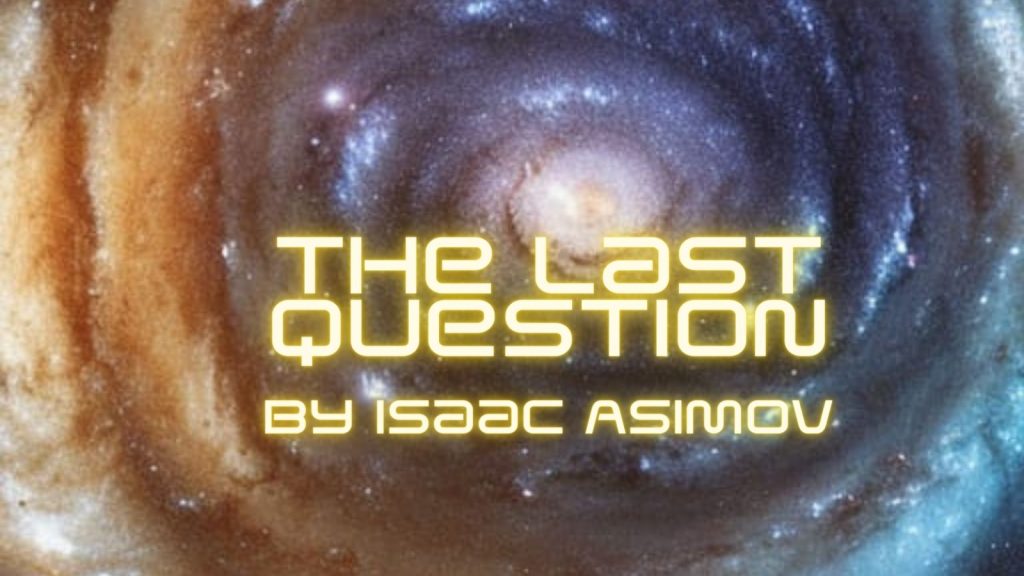
1 “The Last Question” By Isaac Asimov (Science Fiction Quarterly, 1956)
With AI being one of the most talked about technologies today, possibly the last intellectual frontier for humankind, this story should be first. Everyone knows AI, everyone knows our questions about it, and Asimov’s take here is as fresh as the day it was written. It is a must-read. The story is very short. You can easily find the audio on YouTube.
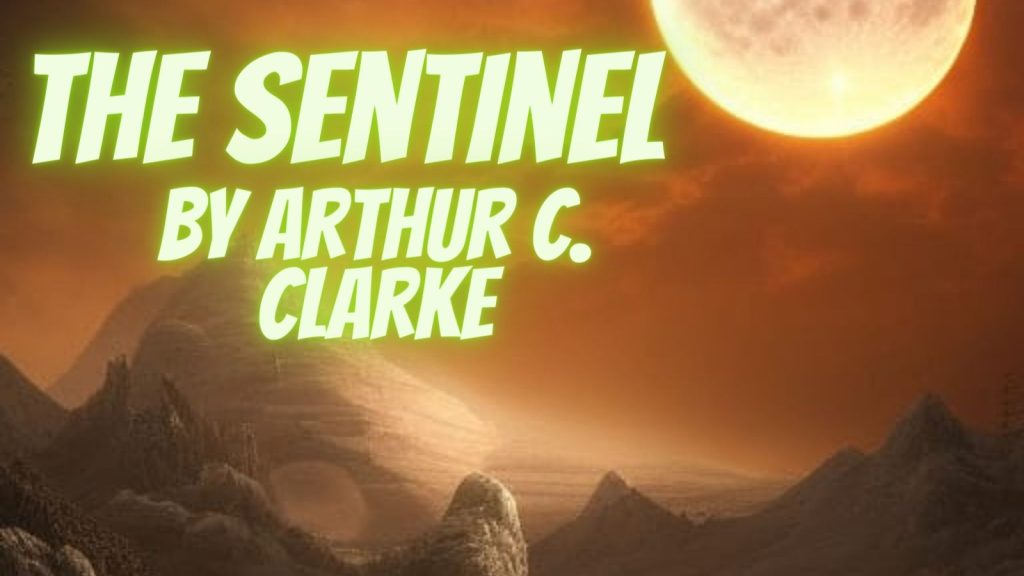
2 “The Sentinel” by Arthur C. Clarke (1951)
The story would influence the movie 2001: A Space Odyssey. Still in the news today, we are debating the existence of extraterrestrials, and this story asks some critical questions. It, too, is brief, and anyone wanting to know something about science fiction should be familiar with it.
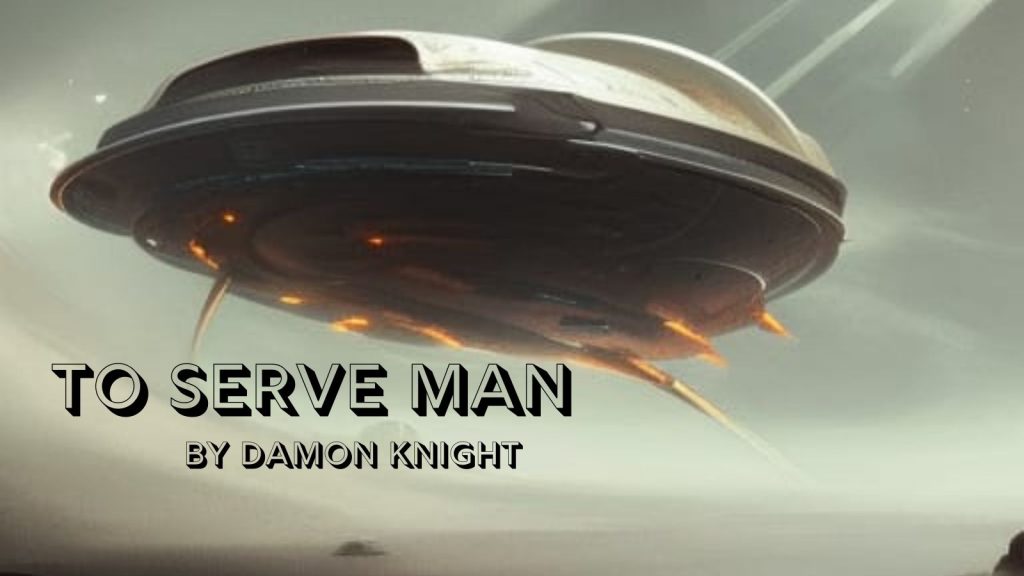
3 “To Serve Man” by Damon Knight. (1950, Galaxy Science Fiction)
If you ask a group of people today (let’s say on social media) what might happen if aliens come to Earth, many in the group are sure to shout out, “It’s a cookbook!” This story is one of the most famous of all time, thanks to its development into a 1962 episode of the Twilight Zone. The story and the episode differ but come to the same conclusion. If a 70-year-old story still pops into people’s minds today, it has to be one of the greats. The story itself is well crafted and a great read.
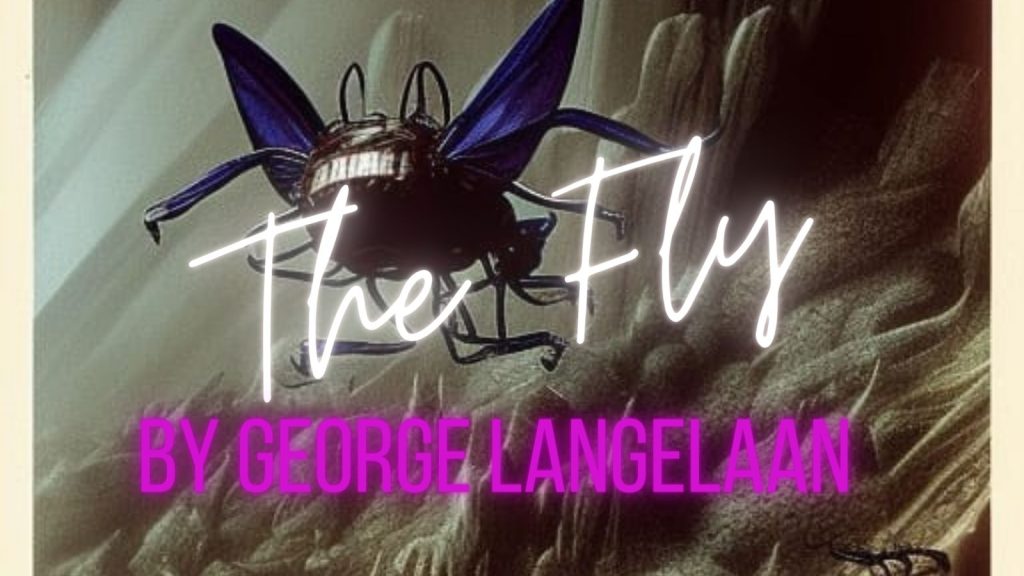
4 “The Fly” by George Langelaan (1957, Playboy)
Yes, back then, some people read Playboy for the articles. The Fly has been made into 100 different versions. Two movies and a Simpsons episode have brought this story into the public consciousness, but it’s more than that. A new technology we all want, teleporting, and what can go wrong? Everyone loves that story, and it’s influenced countless other stories.
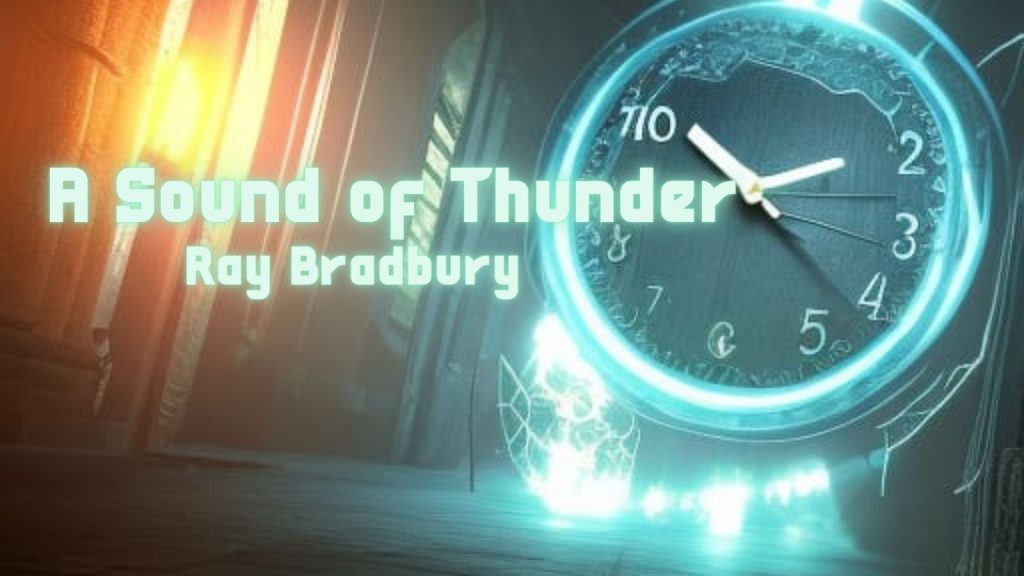
5 “A Sound of Thunder” by Ray Bradbury
Does time travel exist? Can it be done? Will we someday go back to our pasts and then to our future? Bradbury does what he is masterful with this story; he makes it seem like an everyday thing. You’ve seen this story repeated over and over again in different forms. Seeing the spark of so much we already conjecture about is a must-read.
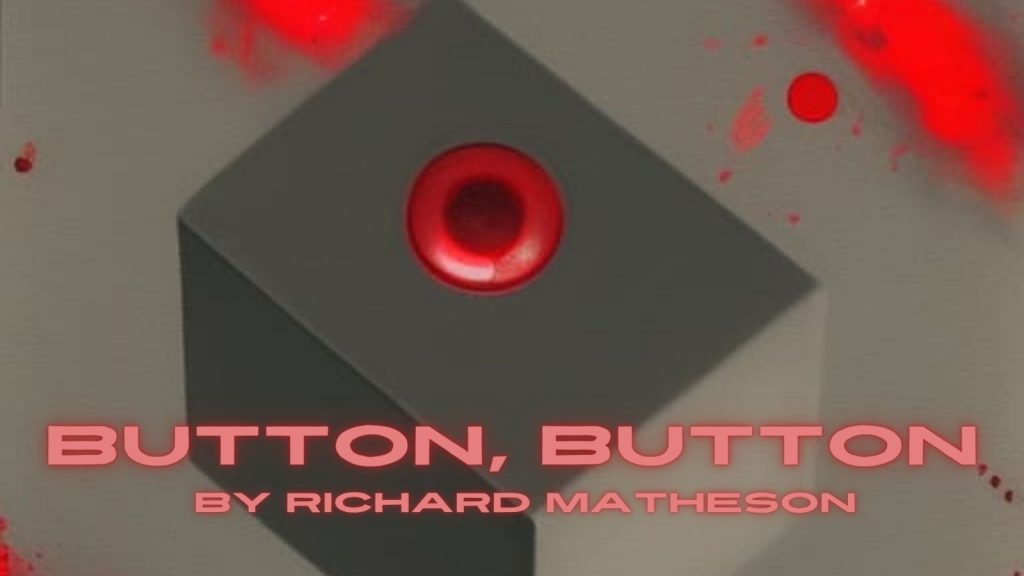
6 “Button, Button” by Richard Matheson (1970)
I’m counting this one as science fiction because it has a box with a button. Every person has heard this philosophical question, if you had a button you could push that would give you $100,000, but someone would die, would you push it? It’s so famous; you should know the origin of this question. This story sees it play out.

7 “Harrison Bergeron” by Kurt Vonnegut (1961, The Magazine of Fantasy and Science Fiction)
Everyone is equal; the government makes it that way. It is science fiction satire in the way only Vonnegut could write it. It is a haunting story that tells us to be careful about what you wish for. Though the story isn’t as famous as others, tv shows and movies have replicated it. It’s a question you get to in our modern society if you push things too far.
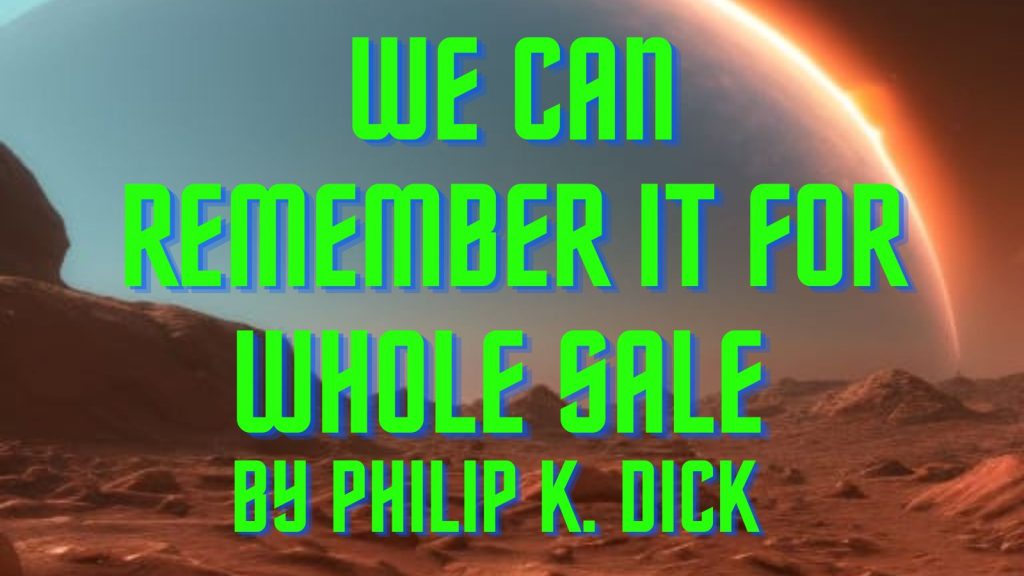
8 We can remember it for Whole Sale Philip K. Dick (1966, The Magazine of Fantasy & Science Fiction)
No science fiction list is complete without Philip K. Dick. He is a giant among sci-fi writers as prolific as Asimov. We Can Remember It for Whole Sale was made into several movies, the main ones being Total Recall and Total Recall the remake. If you ever ask what would happen if they could change our memories, you’ve wondered about this story. It has a great setting and characters and is a must-read.
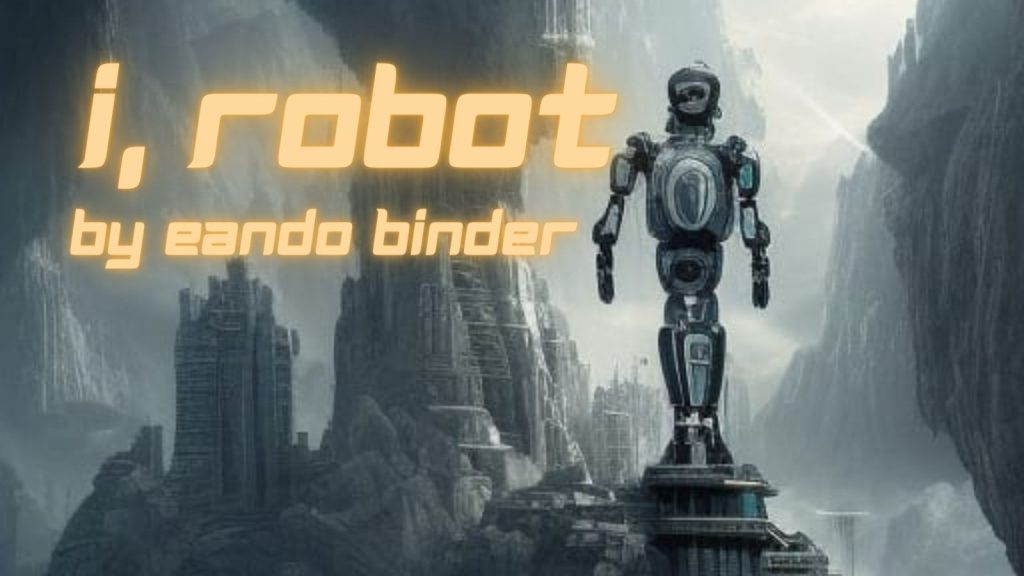
9 “I, Robot” by Eando Binder (1939 issue of Amazing Stories)
So no, this isn’t the I, Robot with the 3 laws. That is a collection of stories by Issac Asimov named for this short story. The story that has the 3 laws in it is “Little Lost Robot” (1947) (novelette), but this story greatly influenced Asimov. The story matches somewhat with the I, Robot (2004 movie). It’s a great story that captures the idea that not all artificial intelligence wants to rule the world.
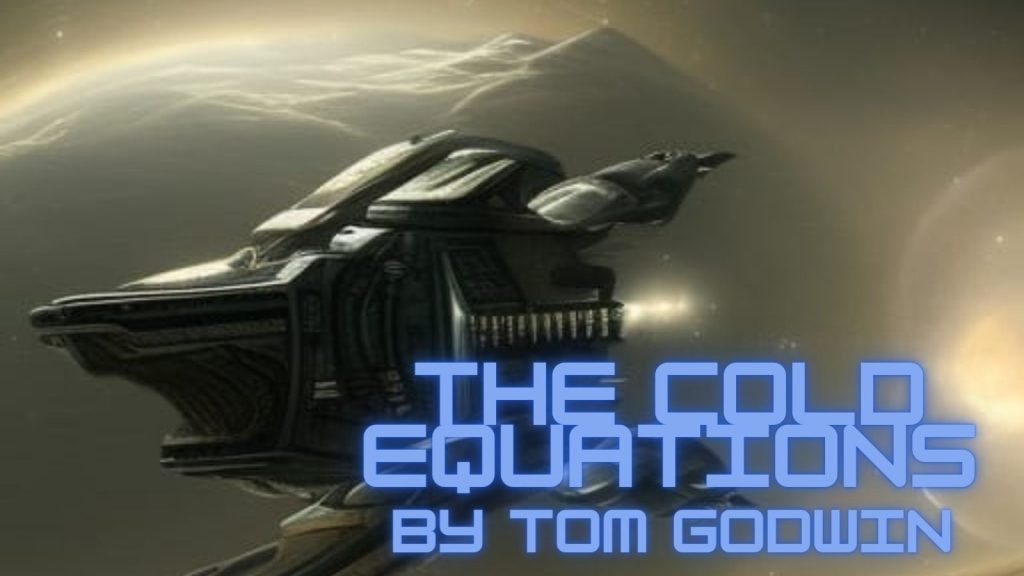
10 “The Cold Equations” by Tom Godwin (1954, Astounding Magazine)
This story is one of my all-time favorites. It was made into several tv shows and movies. The story is basically about a stowaway who gets herself into a bad situation. This story has a coldness that is like the coldness of science and technology. In the end, it’s just about the numbers. It is a must-read.
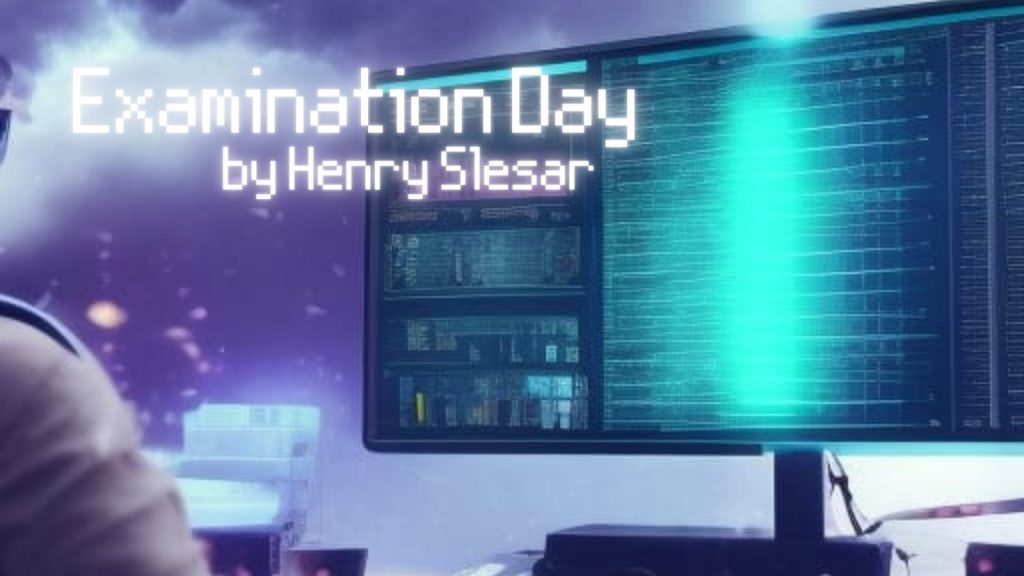
11 “Examination Day” by Henry Slesar (1958, Playboy)
Are you too smart for your own good? This story has the creepiness of a horror film but all the tech of science fiction. It, too, was an episode in the 1980s run of The Twilight Zone. It is less famous than other stories on this list, BUT many similar movies don’t give credit. They may be different enough not to have to, but a film like Idiocracy (2006) certainly plays on all the same thoughts and fears. The story deserves more credit and more attention; it is a must-read.
We have other science fiction and writing articles, please check the rest of our site. This article will also appear in our upcoming print issue. Get our latest issue here.
- 100 Screenwriting Ideas to Get You Writing - January 20, 2026
- 100 Winter Storm Writing Prompts - January 17, 2026
- 100 Haunted House Story Starters: Craft Your Scariest Tale Yet - January 10, 2026



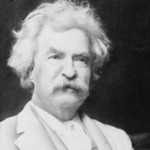
An excellent list of great science fiction stories! I’ve ready a couple from the list and will definitely read the rest!
Amazing! There are changes that I cannot see
Teaching in Tucson has been a rewarding journey, much like the meticulous care FMC puts into managing facilities – both are about creating environments where growth and excellence thrive
amazing